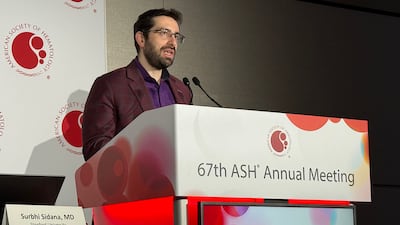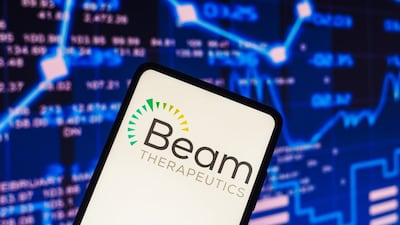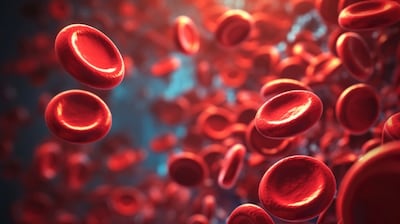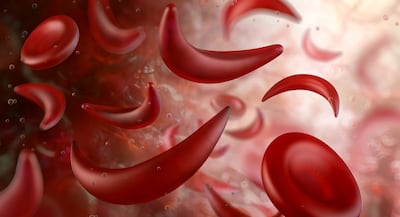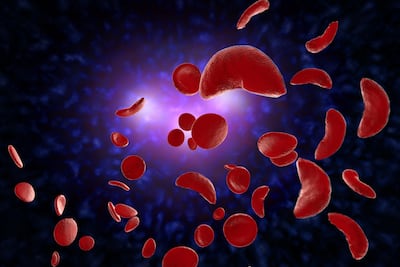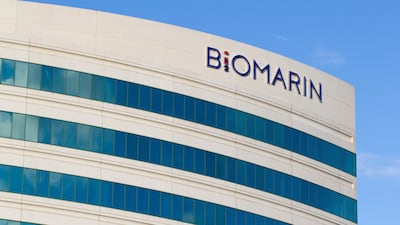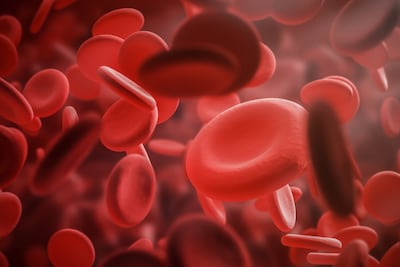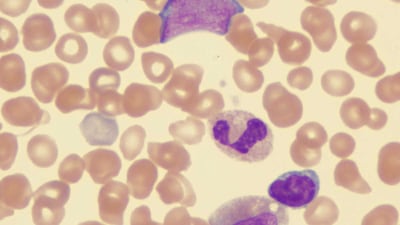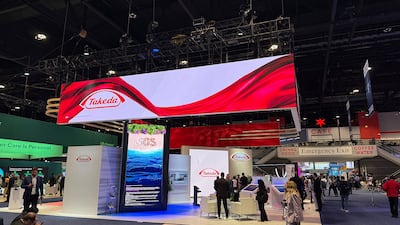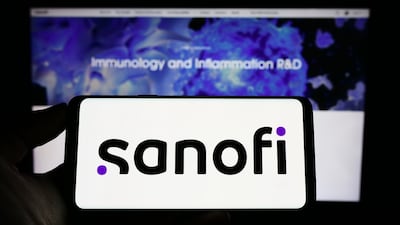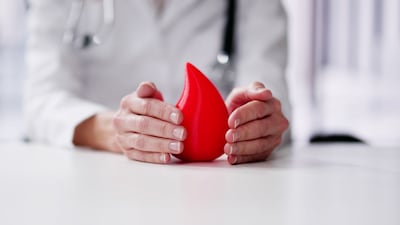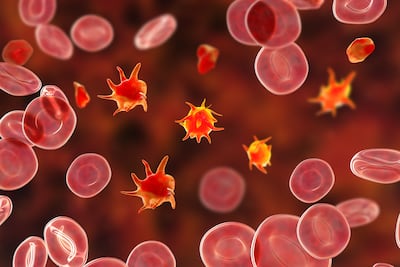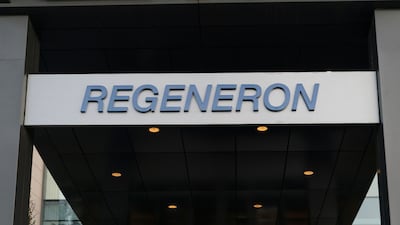Blood and Clotting
Catch up on the developments released in the last days of 2025, from year-end FDA approvals, complete response letters and several trial disappointments.
The company, which was on the verge of bankruptcy last year, has secured an expanded approval for Omisirge for severe aplastic anemia.
Novartis presented Phase III results for anti-BAFF/ADCC antibody ianalumab in the second-line treatment of immune thrombocytopenia but will wait for first-line data to file for approvals in 2027.
The base-editing company’s risto-cel may have an efficacy edge over Vertex’s Casgevy, but both will be held back by safety concerns about chemotherapy preconditioning for patients.
The Watertown, MA-based biotech is set for a pivotal year, with multiple catalysts expected in 2026, including full data from a Phase II trial it previewed at ASH 2025.
The Phase III portion of the Phase II/III RISE UP study in sickle cell disease met the hemoglobin response primary endpoint, but not the sickle cell pain crisis reduction co-primary endpoint nor a secondary endpoint on reducing fatigue.
The company said in its third quarter earnings that it would focus on areas that better foster growth for the company as the hemophilia A treatment only brought in $3m in Q3.
Deal Snapshot: CSL secures exclusive option to acquire VarmX, depending on results for a Phase III trial for its lead compound, VMX-C001, a reversal agent for Factor Xa inhibitors.
The drugmaker reported a negative Phase III study for inclacumab, after a partial clinical hold for osivelotor and pulling Oxbryta from the market.
Analysts see the new strategy as a way to address pressure from the Trump administration’s most favored nation drug pricing proposals.
CMS said that 33 US states plus the District of Columbia and Puerto Rico had joined a program whereby the agency negotiates outcomes-based contracts on their behalf.
Roctavian shows durable bleed control and safety over five years, but high costs and access hurdles limit its commercial outlook.
The drugmaker announced positive topline results for the drug in hemophilia A and B patients with inhibitors, on top of the existing approval for patients without inhibitors.
First results for a first-in-class mutCALR-targeted therapy in essential thrombocythemia presented at EHA point to a lucrative future for the early-stage product.
Takeda/Protagonist are awaiting 52-week data to confirm the results from the VERIFY trial of the drug in polycythemia vera.
The Belgium-based firm will take the first-in-class drug, based on tick saliva, targets inflammation without increasing bleeding, into a Phase IIb trial is in preparation, supported by a new series B funding round.
CFO François Roger tells Scrip the French drugmaker is flexible geographically on making investments but its spend in the US has risen regardless of the threat of tariffs.
The small interference RNA therapeutic can be used by patients regardless of inhibitor status.
Taiwan-based PharmaEssentia hopes to add essential thrombocytopenia to the label for its pegylated interferon product, already approved to treat polycythemia vera.
With successful Phase II data versus active comparators for both REGN7508 and REGN9933, Regeneron hopes to position the candidates to compete against existing factor X products.



